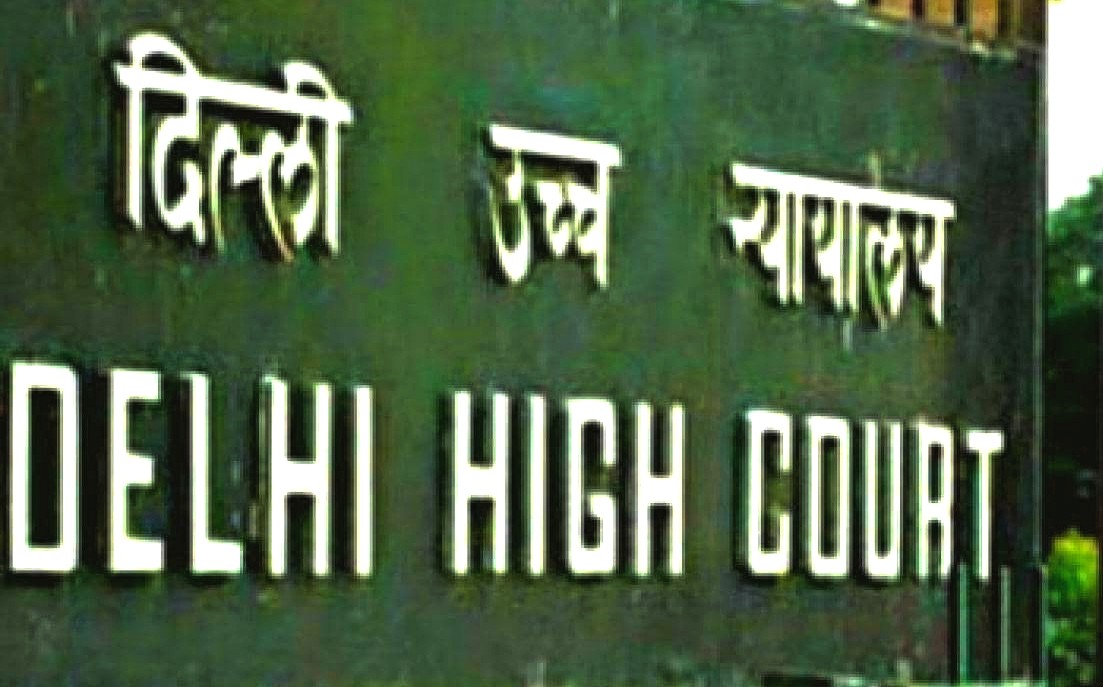When objections to execution proceedings raised by one of the legal heirs have been dismissed, similar objections by another heir would amount to abuse of process of law: Supreme Court
Justices Vikram Nath & Satish Chandra Sharma [22-04-2024]

Read Order: REHAN AHMED (D) THR. LRS. vs. AKHTAR UN NISA (D) THR.LRS. [SC- Civil Appeal-SLP (Civil) No.18772 of 2014]
Tulip Kanth
New Delhi, April 23, 2024: While allowing an appeal against a Rajasthan High Court order pertaining to a property dispute, the Supreme Court has asserted that when the objections of the second defendant’s son were already dismissed, similar objections by the defendant's wife would not be maintainable.
The dispute, in the present matter, related to a property situated in Jaipur which was originally owned by Ghulam Mohiuddin (Defendant No.1). An agreement to Sell was executed for the sale of the suit property by Saeeduddin – Defendant No.2 (brother of Defendant No.1) and also the power of attorney of Defendant No.1, for himself and for the principal Defendant No.1. Since the vendor was not executing the sale deed, the appellant (plaintiff) instituted a Civil Suit for specific performance impleading Ghulam Mohiuddin as Defendant no.1 and Saeeduddin as Defendant No.2. During the pendency of the Suit, the parties entered into a compromise. The total sale consideration was Rs.40,000 out of which as per paragraph No.2 of the Compromise Deed, Rs.15,000 had already been received by the Defendants.
When the matter reached the Addl. District & Sessions Judge, a decree was drawn and as per the decree when the defendant did not execute the Sale Deed, the Plaintiff -Decree holder initiated the proceedings for execution. The Executing Court opined that before the registration of the Sale Deed, Defendant No.1 was required to fulfil his obligations which included getting the third floor vacated, getting the NOC and also getting the rent deeds transferred in the name of the Plaintiff. As such there was no default on the part of the Plaintiff.
After Defendant No.1 Mohiuddin died and with the dismissal of the special leave petition, the innings of the objections under Section 47 CPC filed by the Judgment-debtor – Defendant No.1 Mohiuddin came to an end, a new round of objections under Section 47 CPC came to be initiated by respondent no.1
– Akhtar Un Nisa, wife of Defendant No.2-Saeeduddin and the mother of General Tariq.
The Executing Court dismissed her objections. Aggrieved by the same, Akhtar Un Nisa preferred a revision before the High Court which had since been allowed by the impugned order giving rise to the present appeal before the Top Court.
The Division Bench of Justice Vikram Nath and Justice Satish Chandra Sharma was of the opinion that the core of the High Court's reasoning was based on the erroneous assumption that the property was jointly owned by Defendants No. 1 and No. 2, and that the absence of Defendant No. 2's signature on the
compromise invalidated the decree. However, Defendant No. 2 had consistently acknowledged that he had no ownership rights over the property. In his written statement to the Trial Court, he explicitly stated that the property belonged solely to Defendant No.1. The compromise Deed also substantiated that Defendant No. 1 was the sole owner.
As per the Bench, the High Court also incorrectly held that the provisions of Order XXIII, Rule 3 of the CPC were not adhered to, claiming that the Trial Court failed to properly verify the compromise Deed. The recording of the compromise and the consequent decree on 09.05.1979, although appearing procedurally delayed, adhered to the process required
under CPC.
“Furthermore, the High Court overlooked the fact that General Tarik, legal heir of Defendant No. 2, had previously objected to the execution proceedings, which was dismissed on 09.12.1988. Subsequent appeals before the High Court, including a Special Leave Petition to this Court, were also dismissed. Therefore, similar objections by Respondent No. 1, Smt. Akhtar Un Nisa, in her capacity as one of the legal heirs of Defendant No. 2 would not be maintainable and would amount to abuse of process of law”, the Bench held.
Thus, observing that the Executing Court had rightly rejected the
objections under Section 47 CPC filed by Akhtar Un Nisa, the Bench restored the Executing Court's order and the objections of Respondent no.1 under Section 47 of the CPC stood rejected.
Sign up for our weekly newsletter to stay up to date on our product, events featured blog, special offer and all of the exciting things that take place here at Legitquest.




Add a Comment